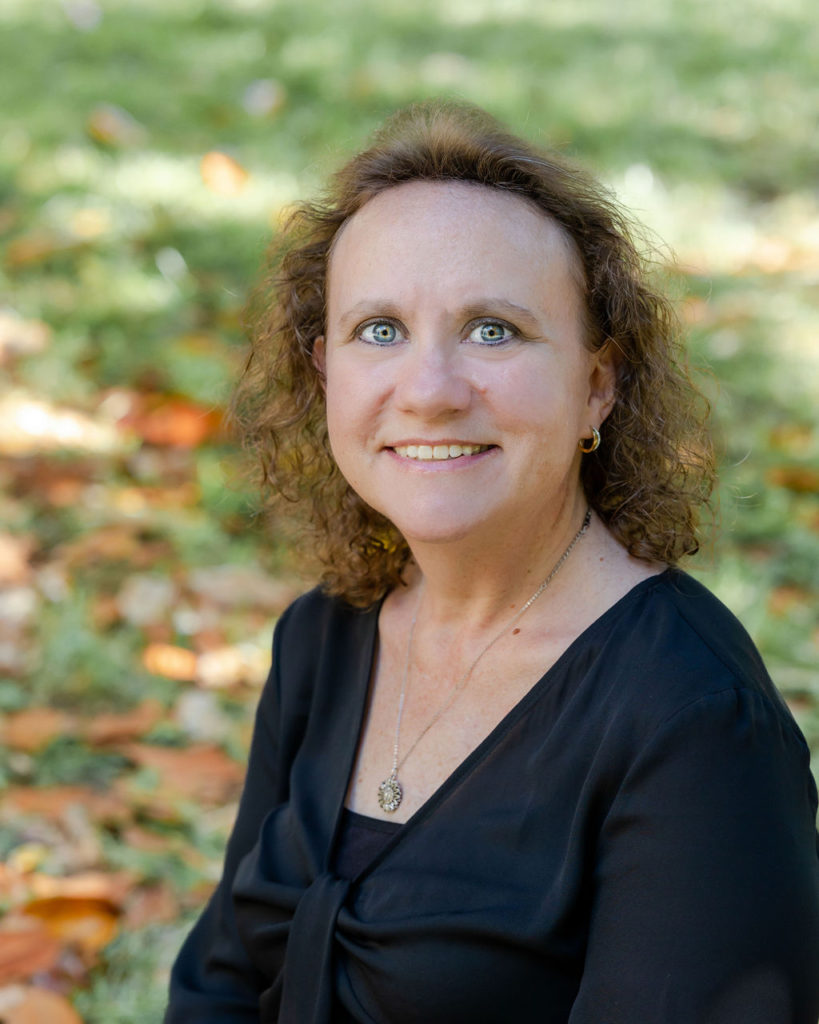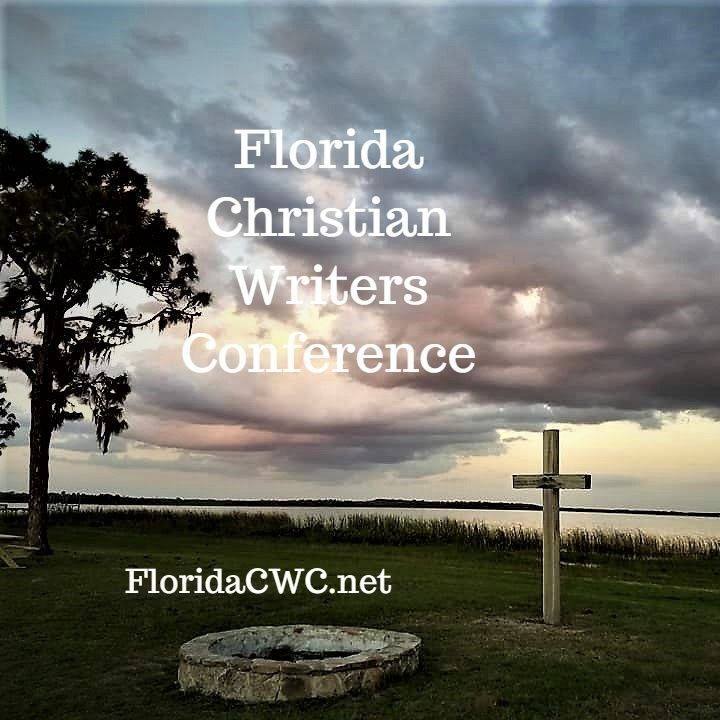How do you find God amid unbearable pain?
Our family experienced a horrible tragedy on August 30, 2015, when a drunk driver collided with our oldest son’s SUV. Caleb barely survived the initial crash and had an extensive road of recovery where he had multiple surgeries and intense pain, and yet survived.

Two months after the accident, Caleb was still in the inpatient rehab unit learning how to function with multiple injuries.
Our youngest son, Jacob, died at the scene, though.

Jacob had just finished the second week of his senior year in high school.
I will, over time, be writing more on all of that.
Today, however, I want to dig in a little into how our family has not only survived, but come out thriving in the face of adversity and death. There’s nothing special about us. You can apply it to whatever hard season of life you find yourself in.
A while back, my husband, Myron, our son, Caleb, and I were all sharing a meal and talking when Caleb said, “I was listening to this podcast, and they were pointing out that before this modern era, mothers and fathers lost sons and daughters a lot. In war or to disease. Brothers lost Sisters. You lost animals. There were all kinds of losses.
“Because of modern medicine, these things have become less common. Which is good, but now it’s almost like life can’t continue if you’re dealt something difficult, which has led us to where we are at now. When people go through hard times, their entire life shuts down. What they’re facing is something that used to be common. The loss that people used to go through, overcome, and live their life.”
Then Caleb asked, “Dad, have you ever thought about it… we lost Jacob in the accident before his time… And sometimes I’m reading in the Bible about these people that lost everything. I’m trying to weigh the reality of our loss and the challenge set before us in the Bible to leave all that and follow Jesus.”
“In that podcast I was listening to, he pointed out that in the past, you either lived or died from diseases. So, while the plague was going through, Shakespeare was writing Hamlet. Life went on, even during that plague. Now, though, we can’t tell people, “Get over the disease, get over the loss. Life doesn’t stop.”
“I guess my question is: how do you balance those two? Because they almost seem like they conflict sometimes.”
How do you encourage people to continue living through loss, disease, or whatever it may be? But also acknowledge that the culture is not the same as what it was back then?
Myron replied, “People 500 years ago had the same Earth that we have today. The difference is that back in that day, that’s how it was. You would either go forward or you would go crazy. And many people went crazy. That’s why they had asylums. They didn’t know how to process the difficult things in life.
“I believe we have come a long way in learning to process those things and give people grace to work through them. We must ask ourselves if we are now coddling people, though? If we are, is that fair to them? Are we preparing them for the hard times that will surely come?
“Instead of saying, “OK, I get it. Life has been painful and has broken hearts. But like Grief Share [a Biblically-based Grief curriculum and support group] says we can’t get stuck in our grief. We must move forward and that’s different for everybody.
He told Caleb, “So yes, we must move forward, but we balance that with when to stir somebody to step out of that rut and try to get their life back on course.
Because life doesn’t stop because a tragedy happens. This train keeps on going. Just because you stepped off doesn’t mean the train stopped. It means that now you have a lot of catching up to do to get back to where you were.
I said, “I was listening to a podcast about how this Christian band writes their songs. The lead singer pointed out that when he’s going through hard times, he loves to read the Psalms. He said a lot of them are old-fashioned laments where they’re trying to work through some tough issues.”
He pointed out how a lot of them start with the writer being depressed, angry at God, or mad at the world—God kill ‘em all. But you can see through the progression of the psalm how they are trying to work through all of that. By the end, they are praising God and have their focus back on where it needs to be.
Then the musician said something that hit home to me:
Your grief doesn’t really mean anything unless you’ve allowed the process to work the way it should, and you’ve worked through it the right way. Because at the end of the day, your focus should be back where it needs to be if you work through it the right way.
The three of us continued to talk about how, as a society, we have lost that ability to navigate through those hard times the right way. We should come out of it better people. Our perspective should be clearer. Our focus should be right.
But how often do we see examples of how to do that?
We have been incredibly blessed to know some other families in similar situations and we’ve watched them continue forward when it would’ve been easier to give up.
Our family has been on this journey for a while now and, over time, has learned some hard lessons. They have come at a great price, but God has walked every step of the way with us and helped us to process these events and come out the other side.
We are not perfect–by any stretch of the imagination.
We are, however, uniquely “qualified” to speak to others who are experiencing life’s rocky roads and are desperate for a friend to come alongside and walk the road with them.
We don’t have all the answers but we’re willing to share what can. We will also admit what we don’t know, but help you find solutions if we can.
It is possible to experience Post-Traumatic Growth. It is exponentially more possible when you open your heart to Jesus and ask Him for help. He will help you not only Grow but Thrive.
I’ll share more soon on how to have peace in turmoil, and hope after great heartache.
You have friends here,
Jenny




